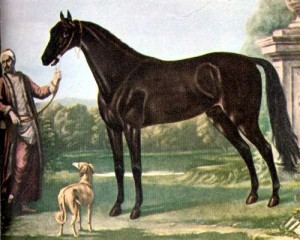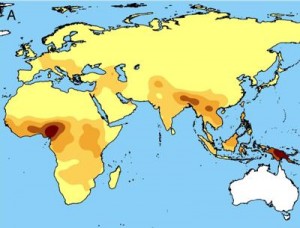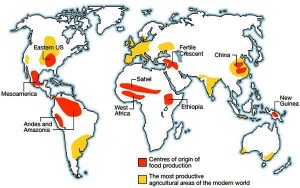In addition to everything else, it seems that the Turkman horse is under threat of extinction. ((And, yes, I know that this is no joking matter. But still.)) The problem seems to be interbreeding with Throughbreds, and owners unwilling to risk pure-bred Turkmen horses, which are expensive, in races where there is a risk of injury and prize money is low. According to one expert:
Iranian horses have unique features such as smartness, nobility, special physical conditions and high endurance level which cannot be observed in any of the imported horses.
Among the proposals to save the Turkmen horse are a genebank (not sure how that would work) and a breed register, which would probably require DNA testing for individuals.

One thing puzzles me. In the very restricted genetic bottleneck that resulted in the English Thoroughbred is a fine animal known as The Byerly Turk. Was it really a Turk? Wikipedia thinks not. More to the point, one can only be grateful that the English did not decry all that messy genetic pollution that gave rise to the English Thoroughbred.

